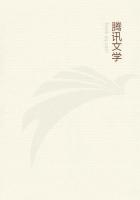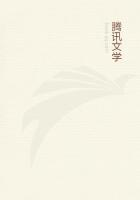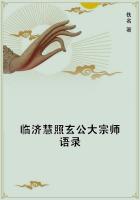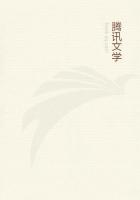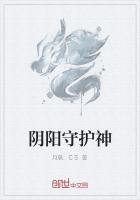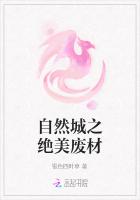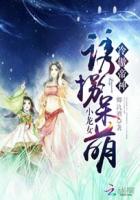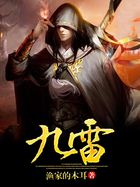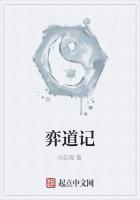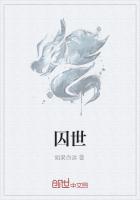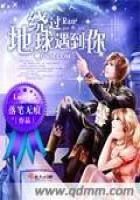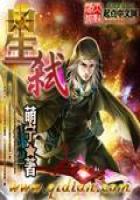Both were naturally meek and gentle; both led lives of retirement and contemplation; both loved solitude; both were celebrated for self-control; both were brave; both held their pupils spell-bound by their brilliant mental gifts; both passed their time in lecturing to the schools (what the Pythagoreans were to Plato, the Benedictines were to the angelical); both shrank from the display of self; both were great dialecticians; both reposed on eternal ideas; both were oracles to their generation." But if Aquinas had the soul of Plato, he also had the scholastic gifts of Aristotle, to whom the Church is indebted for method and nomenclature as it was to Plato for synthesis and that exalted Realism which went hand in hand with Christianity. How far he was indebted to Plato it is difficult to say. He certainly had not studied his dialectics through translations or in the original, but had probably imbibed the spirit of this great philosopher through Saint Augustine and other orthodox Fathers who were his admirers.
Although both Plato and Aristotle accepted "universals" as the foundation of scientific inquiry, the former arrived at them by consciousness, and the other by reasoning. The spirit of the two great masters of thought was as essentially different as their habits and lives. Plato believed that God governed the world;Aristotle believed that it was governed by chance. The former maintained that mind is divine and eternal; the latter that it is a form of the body, and consequently mortal. Plato thought that the source of happiness was in virtue and resemblance to God; while Aristotle placed it in riches and outward prosperity. Plato believed in prayer; but Aristotle thought that God would not hear or answer it, and therefore that it was useless. Plato believed in happiness after death; while Aristotle supposed that death ended all pleasure. Plato lived in the world of abstract ideas;Aristotle in the realm of sense and observation. The one was religious; the other secular and worldly. With both the passion for knowledge was boundless, but they differed in their conceptions of knowledge; the one basing it on eternal ideas and the deductions to be drawn from them, and the other on physical science,--the phenomena of Nature,--those things which are cognizable by the senses. The spiritual life of Plato was "a longing after love and of eternal ideas, by the contemplation of which the soul sustains itself and becomes participant in immortality." The life of Aristotle was not spiritual, but intellectual. He was an incarnation of mere intellect, the architect of a great temple of knowledge, which received the name of Organum, or the philosophy of first principles.
Thomas Aquinas, we may see from what has been said, was both Platonic and Aristotelian. He resembled Plato in his deep and pious meditations on the eternal realities of the spiritual world, while in the severity of his logic he resembled Aristotle, from whom he learned precision of language, lucidity of statement, and a syllogistic mode of argument well calculated to confirm what was already known, but not to make attainments in new fields of thought or knowledge. If he was gentle and loving and pious like Plato, he was also as calm and passionless as Aristotle.
This great man died at the age of forty-eight, in the year 1274, a few years after Saint Louis, before his sum of theology was completed. He died prematurely, exhausted by his intense studies;leaving, however, treatises which filled seventeen printed folio volumes,--one of the most voluminous writers of the world. His fame was prodigious, both as a dialectician and a saint, and he was in due time canonized as one of the great pillars of the Church, ranking after Chrysostom, Jerome, Augustine, and Gregory the Great,--the standard authority for centuries of the Catholic theology.
The Scholastic Philosophy, which culminated in Thomas Aquinas, maintained its position in the universities of Europe until the Reformation, but declined in earnestness. It descended to the discussion of unimportant and often frivolous questions. Even the "angelical doctor" is quoted as discussing the absurd question as to how many angels could dance together on the point of a needle.
The play of words became interminable. Things were lost sight of in a barbarous jargon about questions which have no interest to humanity, and which are utterly unintelligible. At the best, logical processes can add nothing to the ideas from which they start. When these ideas are lofty, discussion upon them elevates the mind and doubtless strengthens its powers. But when the subjects themselves are frivolous, the logical tournaments in their defence degrade the intellect and narrow it. Nothing destroys intellectual dignity more effectually than the waste of energies in the defence of what is of no practical utility, and which cannot be applied to the acquisition of solid knowledge. Hence the Scholastic Philosophy did not advance knowledge, since it did not seek the acquisition of new truths, but only the establishment of the old. Its utility consisted in training the human mind to logical reasonings. It exercised the intellect and strengthened it, as gymnastics do the body, without enlarging it. It was nothing but barren dialectics,--"dry bones," a perpetual fencing.
The soul cries out for bread; the Scholastics gave it a stone.

